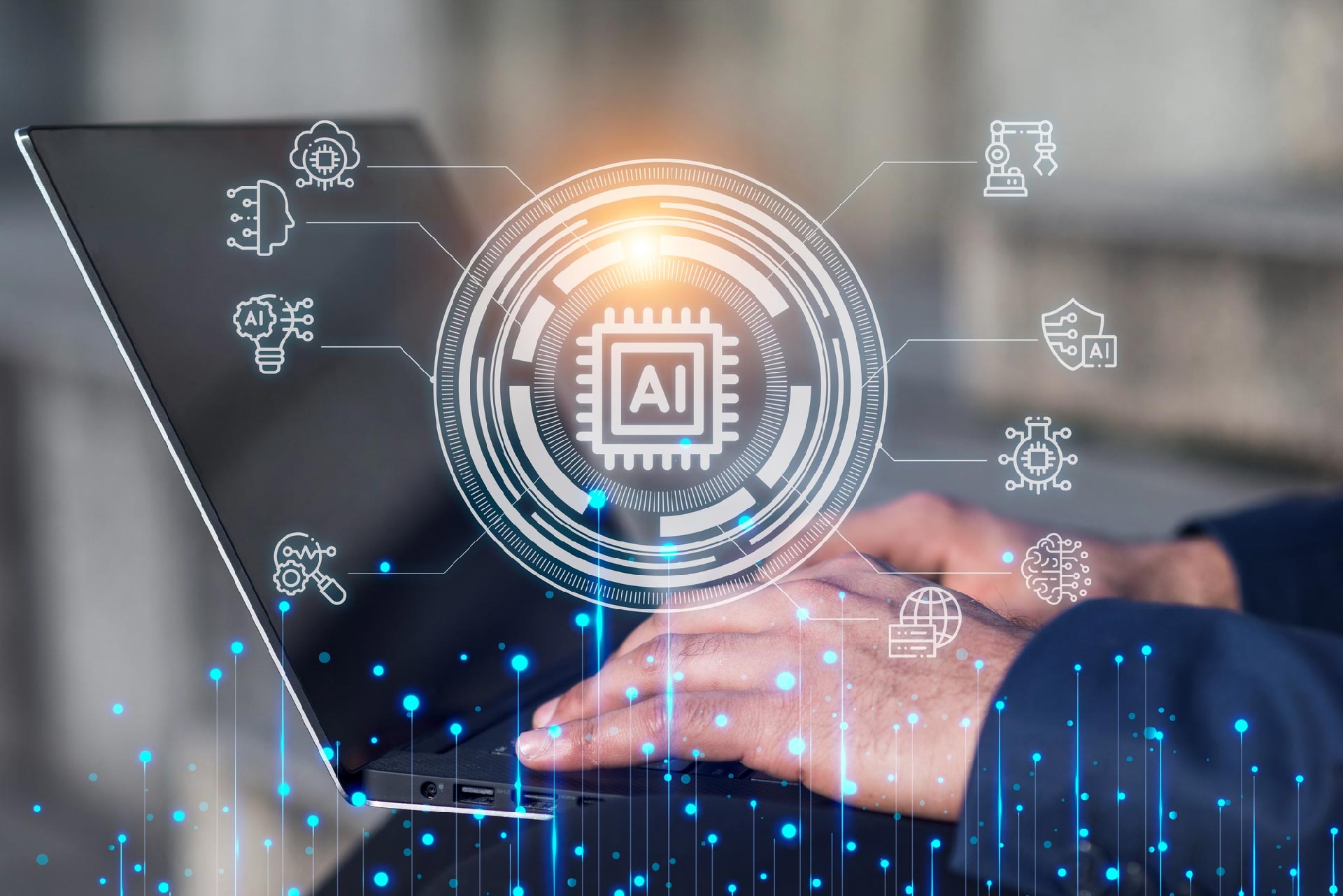In an era defined by rapid technological advancement, autonomous AI agents are emerging as powerful catalysts for transformation, especially in the realm of complex task automation. These intelligent systems, equipped with advanced algorithms and machine learning capabilities, can analyze vast amounts of data, make decisions, and execute actions with unprecedented efficiency.
Imagine a world where intricate processes—from supply chain management to medical diagnosis—are streamlined by AI agents functioning with minimal human intervention. This paradigm shift not only promises to enhance productivity but also challenges our understanding of labor and creativity.
As we delve deeper into the multifaceted roles these AI agents play, it becomes apparent that their impact extends beyond mere efficiency, touching every facet of how we approach problem-solving in an increasingly complex world.
The Functionality of Autonomous AI Agents

Autonomous AI agents serve as sophisticated problem-solvers, equipped to analyze vast datasets, learn from patterns, and make real-time decisions. Unlike traditional automation, which often follows rigid protocols, these agents exhibit a remarkable adaptability, allowing them to tackle complex tasks that require both creativity and critical thinking.
For example, in the realm of supply chain management, they can predict demand fluctuations, optimize inventory levels, and even recommend logistics routes—all while continuously refining their strategies based on emerging data. This dynamic capability not only accelerates processes but also enhances overall efficiency, enabling human workers to focus on more innovative, strategic initiatives.
As they evolve, the implications for various industries are profound: businesses can harness their potential to drive unprecedented innovation and reshape operational paradigms.
Benefits of Automation with AI Agents

The integration of AI agents into the automation landscape offers a plethora of benefits that can dramatically transform how we approach complex tasks. These sophisticated agents can analyze massive datasets at lightning speed, uncovering patterns and insights that would take humans an eternity to discern.
Imagine a world where routine decision-making is handled autonomously, allowing human minds to focus on strategic, creative endeavors instead. Moreover, with the ability to learn and adapt continuously, AI agents enhance efficiency, reduce errors, and optimize processes in ways previously thought impossible.
This not only leads to significant cost savings but also fosters innovation, as teams are freed from mundane tasks to tackle more significant challenges. In this dynamic interplay between human ingenuity and machine efficiency, the horizon of productivity expands, presenting endless opportunities for growth and success.
The Future of Autonomous AI Agents

The future of autonomous AI agents promises to be both exciting and transformative, offering unprecedented potential to revolutionize how we approach complex tasks across myriad sectors. As these agents evolve, their capabilities will likely expand, allowing them to handle increasingly intricate processes with minimal human intervention.
Picture a world where AI systems not only analyze vast datasets but also adapt to dynamic environments in real-time, making decisions based on predictive modeling and contextual understanding. Industries such as healthcare, finance, and logistics stand to benefit immensely, as autonomous agents could streamline operations, reduce errors, and enhance efficiency.
However, this rapid advancement also raises critical ethical and social considerations, forcing us to confront questions about accountability and the potential societal impacts of relinquishing control to machines. Ultimately, navigating this brave new world of autonomous AI will require a delicate balance between innovation and responsibility, as we strive to harness the full potential of these intelligent agents while safeguarding our shared values.
Conclusion
In conclusion, the emergence of autonomous AI agents has marked a pivotal shift in the landscape of task automation, enabling organizations to tackle complex challenges with unprecedented efficiency and accuracy. By seamlessly integrating into existing workflows, these intelligent systems not only enhance productivity but also empower human workers to focus on higher-value activities.
As technology continues to evolve, the potential for autonomous AI agents to further transform industries is vast, promising a future where collaboration between humans and machines leads to innovative solutions and improved outcomes. Embracing this change will be crucial for businesses aiming to remain competitive in an increasingly automated world.

